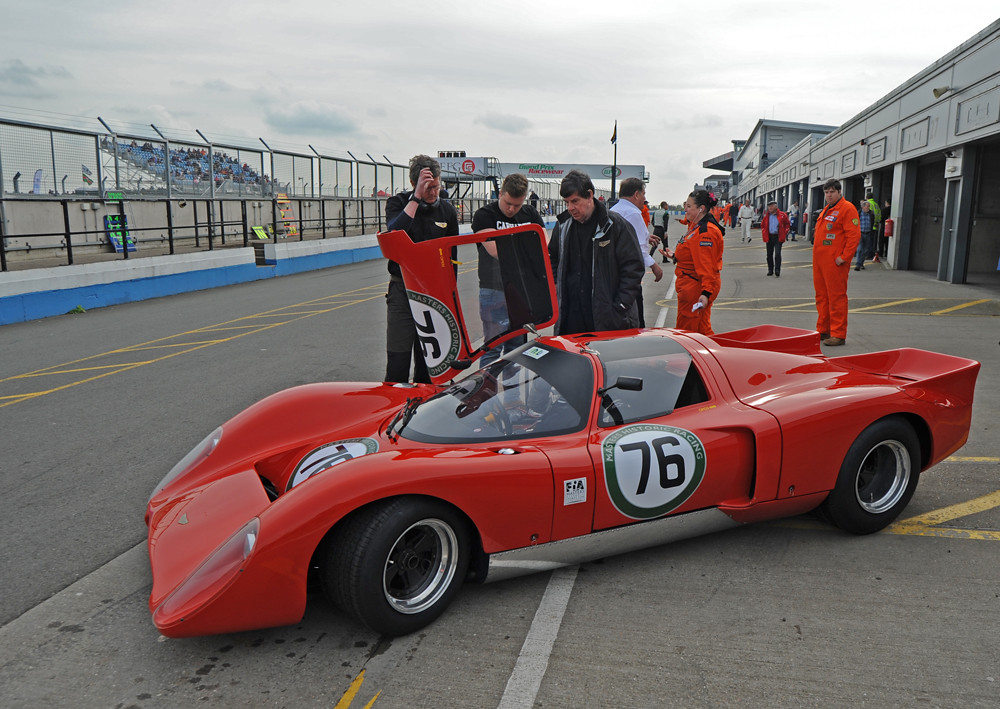Looking at the comments in the "Lotus Crunched..." thread regards the Monaco Historique, but also reading about both the issue of test/reserve/young drivers for F1 teams not getting enough track time AND.. reading about how young footballers need competitive games away from the top league to try and make the game better, I've been thinking...
.. once I recovered from that, I thought "Would it not be a good idea for the F1 reserve drivers to perhaps enter a season of historic racing?"
My reasoning for this is;
- Gives them a valuable racing experience, rather than just testing, which helps their development.
- Gives them an opportunity to race a "proper" F1 racing car, that will hold them in better stead going forward
- Allows for, overall, a stronger quality of racing driver competing in Historic Festivals alongside the proven historic racers
- Nurtures an interest for the drivers, their fans, and current F1 fans in historic racing to ensure future generations follow this side of the sport.
- Arguably makes historic racing safer, more competitive and gives a higher profile to it
- In some cases, say Williams, McLaren and Ferrari, for starters, their teams may also give blessing and allow potentially, for them to drive some of the cars effectively gathering dust, that haven't been seen on tracks for years.
- Allows owners of cars who would normally race for fun potential opportunties in other ways off the track to make up for not racing on it.
Or is this too simplistic? Would it never happen because;
- F1 teams are terrified of any racing other than testing/F1 in case a "Kubica incident" happens again
- Some of the cars owned by F1 teams will never see light of day for a number of reasons
- A lot of owners won't want to give up the opportunity of driving around Monaco etc to anyone?
Be interested in your thoughts....
























